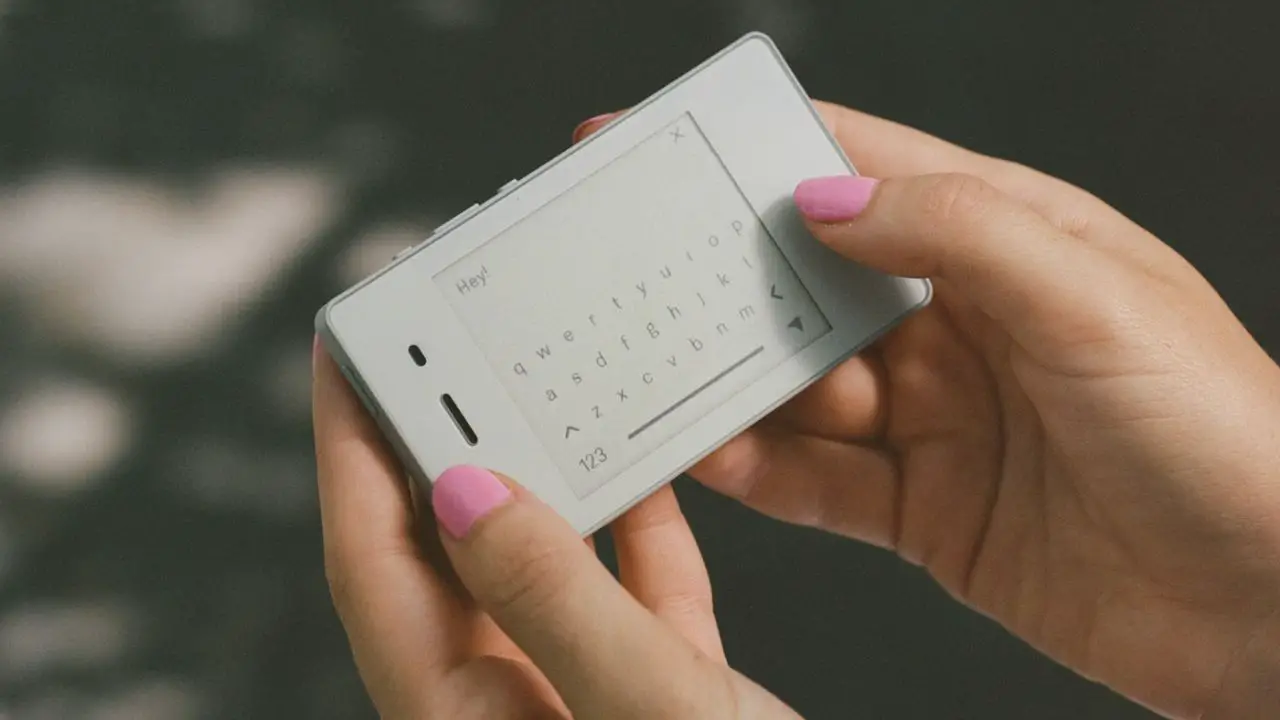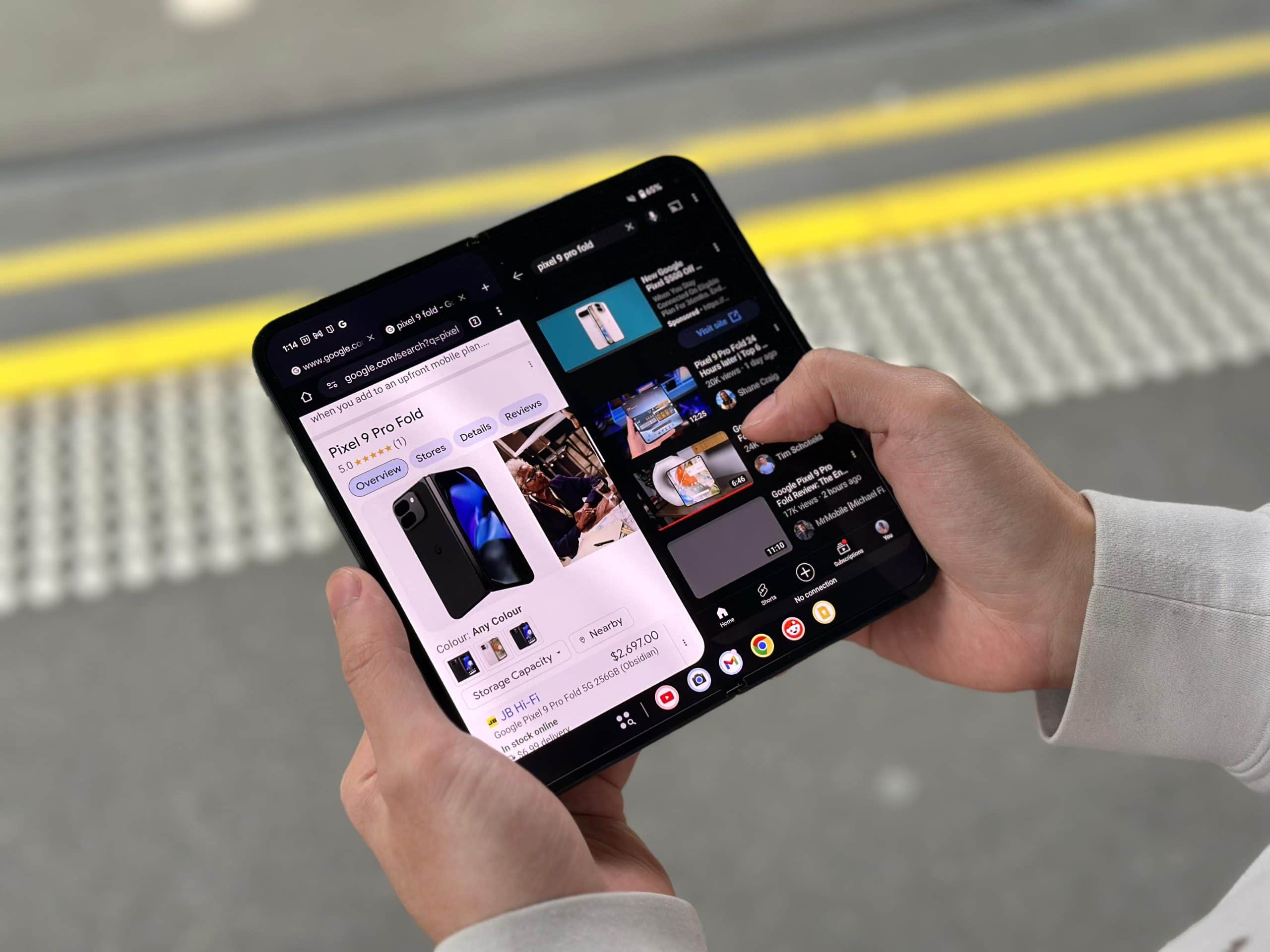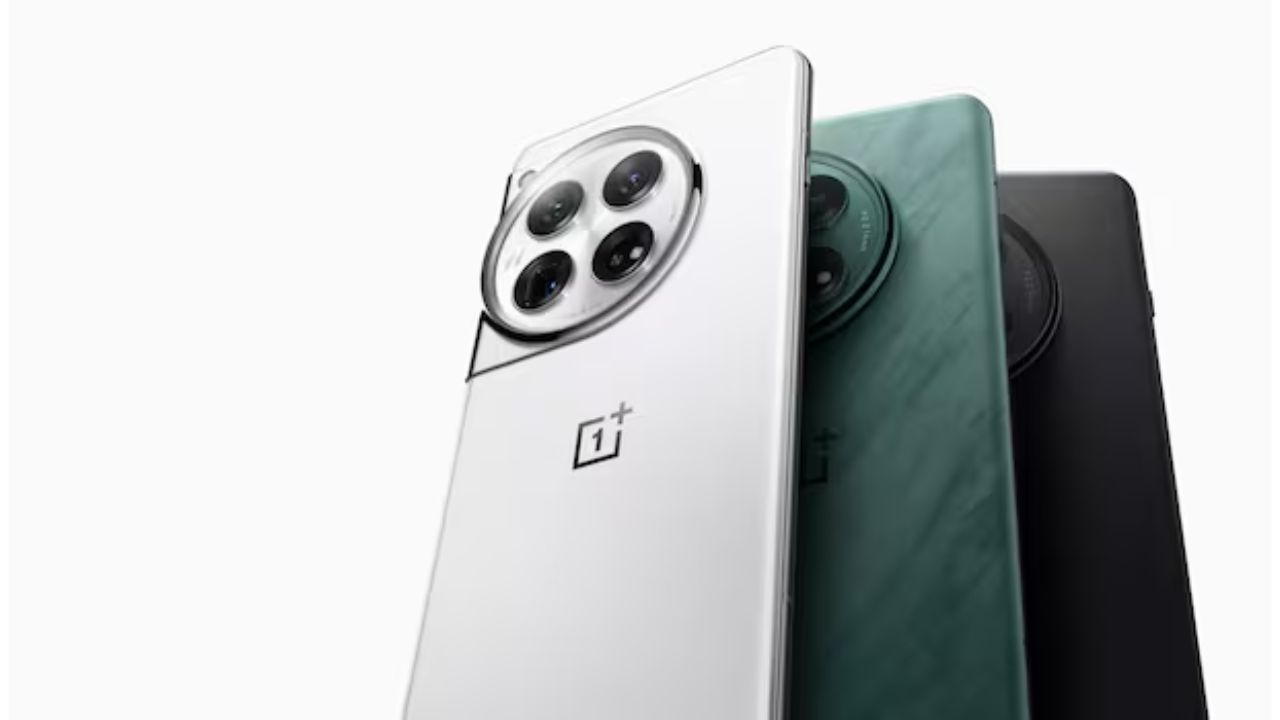Recently, there has been much ado about IP69-rated phones being the “be-all” and “end-all” of durability. They are touted as extremely resistant to elements such as dust, water, and extreme conditions. For some, the term “IP69” would evoke feelings of security as they could imagine a phone that would withstand almost anything.
But do IP69-rated phones really exist or are they just a marketing ploy where prices go up without the user enjoying any tangible benefit? Let’s see what IP69 has in store for us and if the extra protective layer is worth the expenditure.
IP69-Rated Phones: The Ultimate Durability Myth
What is an IP Rating?
The IP rating system gives a standardized measure of protection that a device can afford against solid particles and water. Each rating has two numbers:
The first number signifies dust resistance, wherein “6” means that the product is completely dust-tight. It is resistant to water; thus, an “8” means waterproof but can get immersed in water while a “9” symbolizes protection against strong pressure or high-temperature water jets.
Most consumer smartphones are IP67 or IP68 rated, which means dust and water immersion at some depths and for some duration. What’s different in the case of an IP69-rated device is that it claims protection from high-pressure, high-temperature water, which happens very rarely in normal usage but is very important for many industrial environments.
What IP69 Means in Practically Useful Terms
An IP69 rating is highly stringent. Products with such a rating are proof against very harsh environments that go beyond your typical spillage and splashes. This level of protection is normally denoted with a plus sign followed by the “K” to indicate high-pressure water jets for industrial-grade equipment such as heavy machinery, which is normally washed down regularly or used in extreme and hostile environments.
.
For instance, devices that carry an IP69 rating have to be sealed so as to withstand the attack of high-pressure water jets at 1,450 PSI and will withstand extreme water temperatures nearly boiling point. Such conditions guarantee a device’s survivability during extreme elements; however, they are overkill for a typical consumer environment. Such conditions do not occur in ordinary usage such as when the phone is used daily.
Why is Some Smartphone Developing IP69?
Manufacturers are already starting to sell IP69-rated phones as ultra-rugged and robust for the kind of users who would work outdoors under demanding environments or who would just need some extra peace of mind. For instance, the Nokia XR21 is one of the few consumer phones that earn an IP69 rating certification and target extreme durability for activities like hiking, construction, or other rugged lifestyles.
.
However, although offering comfort when things get sticky by offering the respected and necessary IP69 accreditation; do we really need them, though? Rarely in the life of many owners who only face either simple, occasional splashing because of rain or direct accidental touch with water will come against very high-pressure jets as usually offered by the mobile world standards.
Conclusion on IP69 Protective Apparells
The higher the protection level, the costlier. To achieve an IP69 rating, some extra engineering is added to seal the internal components of a phone. That’s an additional manufacturing cost that many users do not feel they would get in return by paying higher retail prices for the IP69-rated devices. Normally, standard IP67 or IP68 ratings suffice for most users who need ordinary day-to-day durability at the regular price.
Addl protection IP69 vs fall or scratch on display Additional protection IP69 when encounters common troubles like, such as falls or scratch screen. Even under an IP69, a fallen impact can still happen and fall. Cases and cover glass are still needed.
There are some instances where the IP69 can be quite useful, but those are typically in environments that have everyday exposure to high-pressure water, extreme heat, or rigorous cleaning cycles. For example, construction, chemical, or food processing professionals will appreciate IP69-rated phones that can withstand a lot of abuse. However, everywhere else, IP69 is mostly a luxury rather than a necessity.
For most of us, a rugged case or tempered glass cover will be enough to protect it without requiring the extra expense of IP69-rated devices. At the same time, IP67 and IP68-rated phones already guarantee so much durability for everyday use that they can face even accidental spilling, dust exposure, and rain showers.
Wrapping It All
IP69-rated phones are certainly rugged, but for most of us, they are probably overkill. Unless you regularly drench your phone in high-pressure water jets or have a really dangerous job, an IP68-rated phone is probably going to cover all your durability needs for a lot less money.
Perhaps instead of naively using IP ratings as the focus for marketing, consumers would do well to be focused on such parameters as performance, long-lasting battery, or camera superiority when choosing a phone. No IP rating can protect a device against accidents of daily life, so even the highest rating requires its owner to carefully layer over it.






